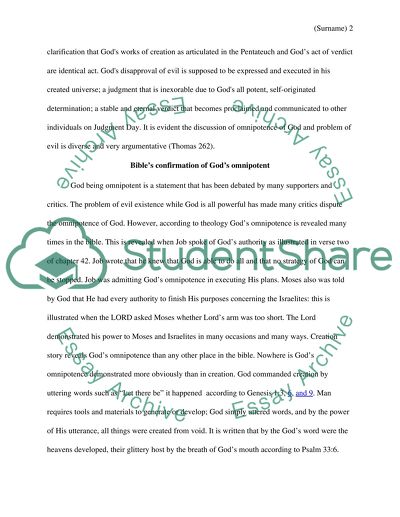Cite this document
(“God is omnipotent Essay Example | Topics and Well Written Essays - 3000 words”, n.d.)
Retrieved from https://studentshare.org/philosophy/1494190-god-is-omnipotent
Retrieved from https://studentshare.org/philosophy/1494190-god-is-omnipotent
(God Is Omnipotent Essay Example | Topics and Well Written Essays - 3000 Words)
https://studentshare.org/philosophy/1494190-god-is-omnipotent.
https://studentshare.org/philosophy/1494190-god-is-omnipotent.
“God Is Omnipotent Essay Example | Topics and Well Written Essays - 3000 Words”, n.d. https://studentshare.org/philosophy/1494190-god-is-omnipotent.


